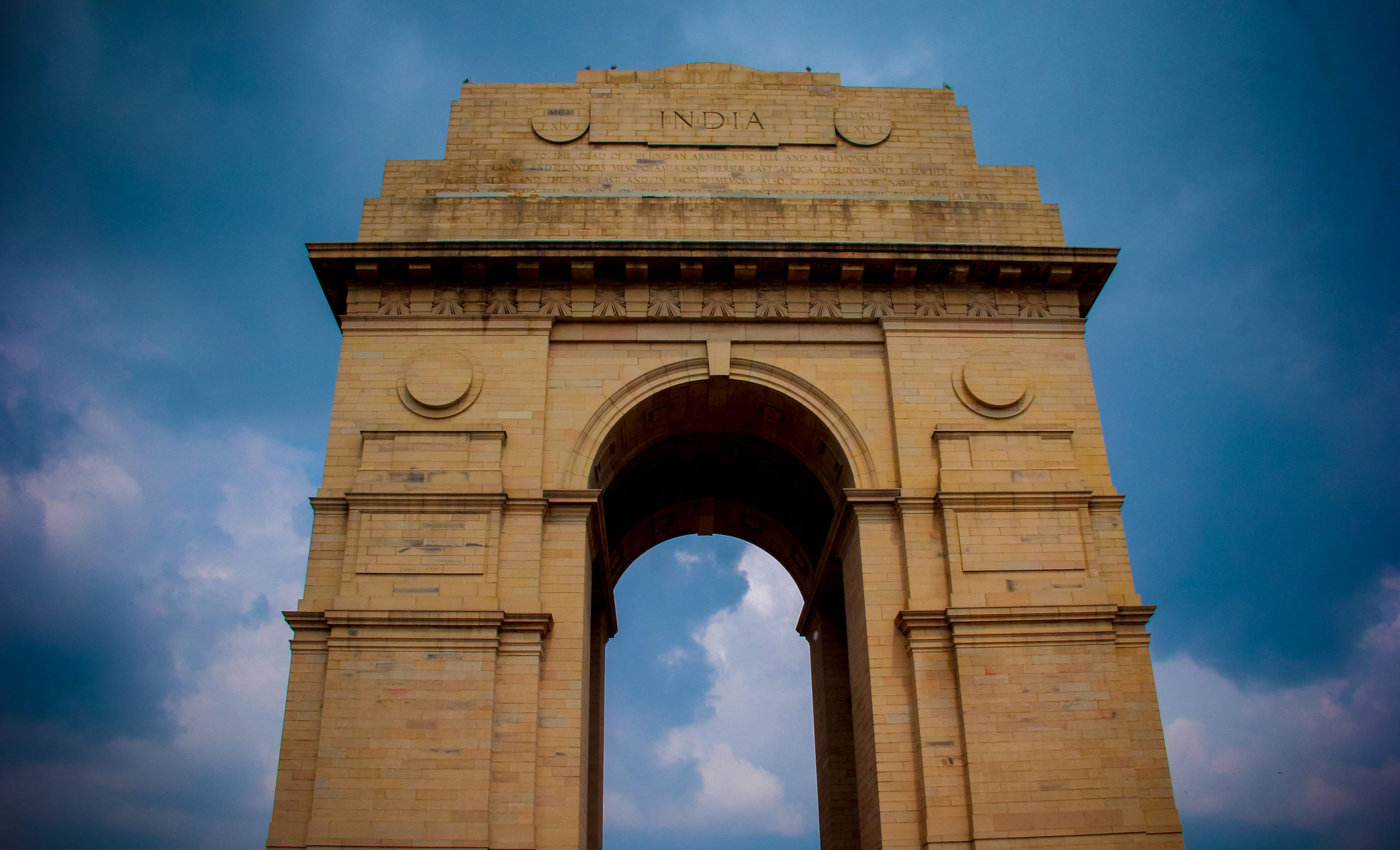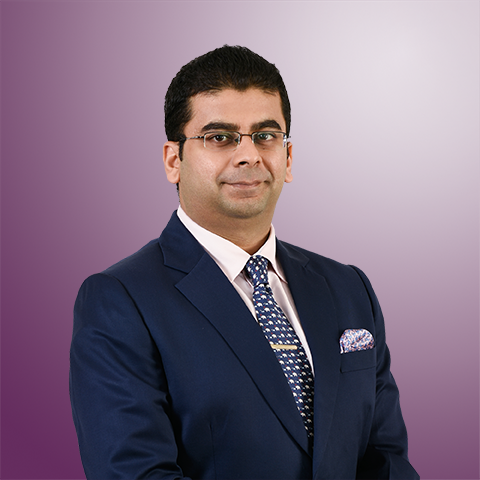The following article was first published in the Mint newspaper on 08th August, 2023. The same was written by our Private Client team at Cyril Amarchand Mangaldas, who frequently publish their comments and opinions in the Mint. The online version of the article can be found here.
Can a Hindu family, comprising a married woman, her parents and her two very young children form a Hindu undivided family (HUF)?
—Saranya NT
In this case, the father can set up the HUF and become its karta, while their married daughter will be the coparcener . Do note that the mother will only be a member of such HUF with limited rights, as compared to the daughter.
Instead of an HUF, we recommend you to consider setting up a trust. In such a case, the parents can set up the trust as a settlor and other family members, including the married daughter and her children, can be beneficiaries. Their rights under the trust can be specifically customized, as compared to a HUF.
A private family trust helps in intra-generational transfer of assets, and also helps in achieving other objectives like ring fencing of assets, welfare of dependants, consolidation and augmentation of corpus, etc.
I am a British national and have a part-paid property in the UK with outstanding mortgage and some investments. If there is no will in the UK, the crown takes back the assets. I have a brother in India who is disabled and want him to be the primary beneficiary of my will. In case I outlive him, I want everything to go to charity. Isn’t a trust the best way to make it happen? But what are the tax implications?
—Name withheld on request
The facts here do not mention if you have any assets in India. If you are considering setting up an Indian trust for your brother (who is based in India), this is the best option given your disabled brother’s requirements. You may consider using a corporate trustee or any such professional who can put in place suitable investment distribution mechanics to take care of your brother, say, for monthly medical expenses and the like. His requirements may outweigh any onetime tax costs that may accrue when setting up the trust.
Depending on the nature of your assets (if any) in India, you should consider making a separate UK will (dealing with your UK property and any other local assets there), and a separate one for your Indian assets. Depending on the facts, you can have separate executors for both wills.







